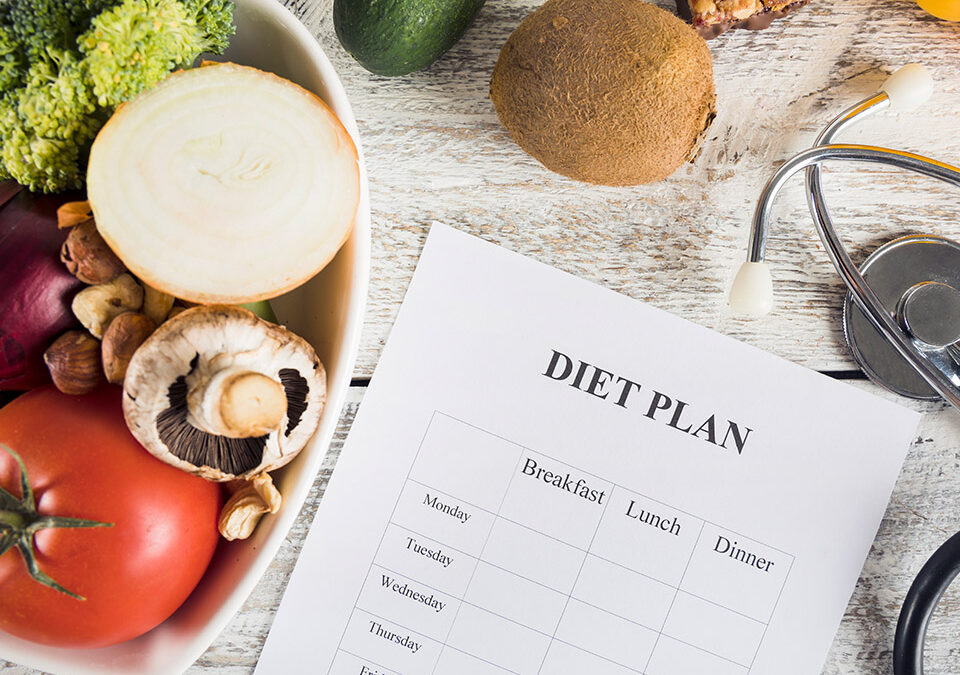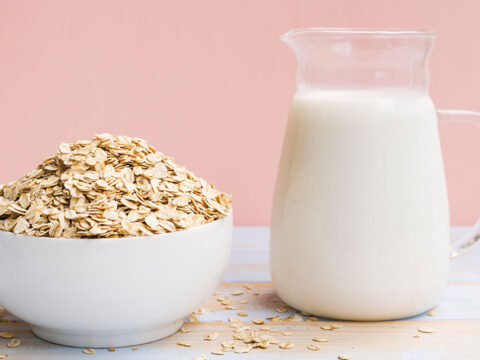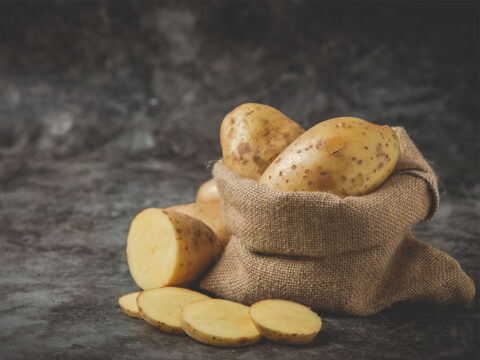
Common Myths and Facts About Diabetes
July 2, 2021
Diabetes And Gluten: What You Need To Know
July 2, 2021Having a healthy diet is the key to managing type 2 diabetes. The diet needs to be enriched in all the essential nutrients while making sure that the carbohydrates you intake mostly come from fruits and vegetables. There is no special diet for type 2 diabetes. However, there are certain foods that are recommended and certain foods that need to be avoided if you are diabetic. In consideration of all these factors along with a goal to control blood sugar levels, here is a 7-day diabetic meal plan for you.
DAY 1:
Breakfast: Have 1-2 slices of whole wheat bread with grilled vegetables along with 1-2 boiled eggs in your breakfast. You may also have a cup of tea, coffee or low-fat milk. After a few hours of having your breakfast, you should have a bowl of fruits such as apples, guavas and pears.
Lunch: Eat a bowl of brown rice with dal and vegetables. You may also eat a small piece of fish in your lunch. After a few hours of having lunch, you may eat a cup of curd or a bowl of mixed fruit salad.
Evening Snacks: You may eat roasted chickpeas, any baked snack or digestive biscuits along with sugar-free coffee with low-fat milk.
Dinner: Have a light dinner with 2 whole-grain chapatis, a bowl of dal or curd with some vegetables and salad. During bedtime, you may also have 5 walnuts or a glass of low-fat milk.

DAY 2:
Breakfast: Have a plate of poha (flattened rice) along with a cup of coffee, tea or low-fat milk. After a few hours of breakfast, you may also have a glass of veggie smoothie or a bowl of cucumber salad.
Lunch: In lunch, eat a bowl of brown rice with a bowl of dal (lentils). You may also have either a piece of baked chicken breast or a bowl of vegetable curry for lunch. After some hours of having lunch, you may also have a bowl of mixed fruit salad.
Evening Snacks: Have a bowl of baked snack with black coffee or green tea in the evening.
Dinner: Have 2 whole-grain chapatis with chickpea curry, salad and curd. During bedtime, you may also have a handful of pistachios or a glass of low-fat milk.
DAY 3:
Breakfast: Have 2-3 idlis with chutney and sambar. Have a glass of coconut water or a bowl of raita after a few hours of having breakfast.
Lunch: For lunch, have a bowl of rice with vegetable curry. You may also have a piece of chicken or fish in your lunch. After a few hours, have a cup of curd or a bowl of mixed fruits salad.
Evening Snacks: Have a cup of coffee with low-fat milk and no sugar, along with some roasted chickpeas.
Dinner: Have 1-2 whole-grain chapatis with a bowl of dal and mixed vegetables. You may also have salad and curd for dinner. Before going to bed, have 10 cashews or a glass of low-fat milk.
DAY 4:
Breakfast: Have a dosa with chutney and sambar for breakfast. You may also eat the fruit of your choice after a few hours of having breakfast.
Lunch: Have 1-2 whole wheat chapatis with 2 eggs white curry and salad. After a few hours of having lunch, you may also eat a small bowl of jamun or papaya.
Evening Snacks: Have a plate of upma with black coffee or green tea in the evening.
Dinner: Have 1-2 whole-grain chapatis with a bowl of dal, vegetables and salad. During bedtime, have a handful of nuts or a glass of low-fat milk.

DAY 5:
Breakfast: Eat a moong-dal chilla loaded with vegetables. You may also have a cup of tea, coffee or low-fat milk. You may also eat some low-glycemic fruits after a couple of hours of having breakfast.
Lunch: Have a bowl of rice with vegetables and a bowl of dal or fish. After a few hours of lunch, you may also have a cup of curd or a bowl of mixed fruits salad.
Evening Snacks: In the evening, you can eat roasted chickpeas or digestive biscuits with a cup of black coffee or green tea.
Dinner: Have 1-2 whole-grain chapatis with a bowl of dal and salad. You may have a glass of low-fat milk or 5 walnuts before going to bed.
DAY 6:
Breakfast: Have a whole-wheat sandwich or a chicken sandwich along with a cup of coffee, tea or low-fat milk. You may also have a fruit of your choice after a couple of hours of having breakfast.
Lunch: Have 1-2 whole-grain chapatis with a bowl of low-fat paneer, some vegetables and salad. You may have half grapefruit or a bowl of mixed fruits salad after a few hours of having lunch.
Evening Snacks: Have sugarless chia seed pudding along with a cup of black coffee or green tea.
Dinner: Have a dosa, chutney and sambar for a light yet fulfilling dinner. You may also have a glass of low-fat milk or a handful of pistachios before sleeping.
DAY 7:
Breakfast: Have vegetable oats or dalia with 2 whole wheat bread. You may also have a cup of coffee, tea or low-fat milk. After a few hours of having breakfast, have a bowl of raita or a glass of coconut water.
Lunch: For lunch, have a bowl of brown rice with a bowl of dal or chicken, along with curd and salad. After a few hours of having lunch, have a bowl of mixed fruit salad with low glycemic value.
Evening Snacks: Have a plate of dahi-vada or upma in the evening.
Dinner: Have a light dinner with 1-2 whole-grain chapatis, vegetables, a bowl of dal and salad. During bedtime, have a glass of low-fat milk or 5 cashews.
It is suggested that you consult your doctor or dietitian for an elaborated and tailored diet plan that is fit for your health condition. Make sure that you take the advice of a professional before making any changes in your diet.




